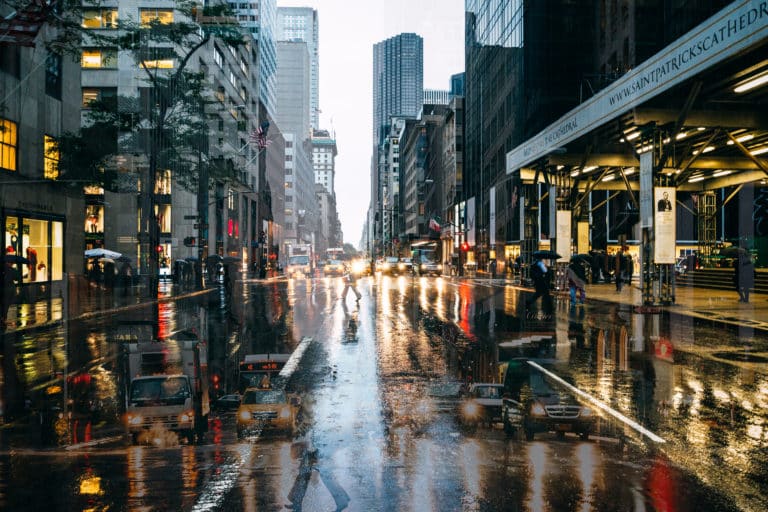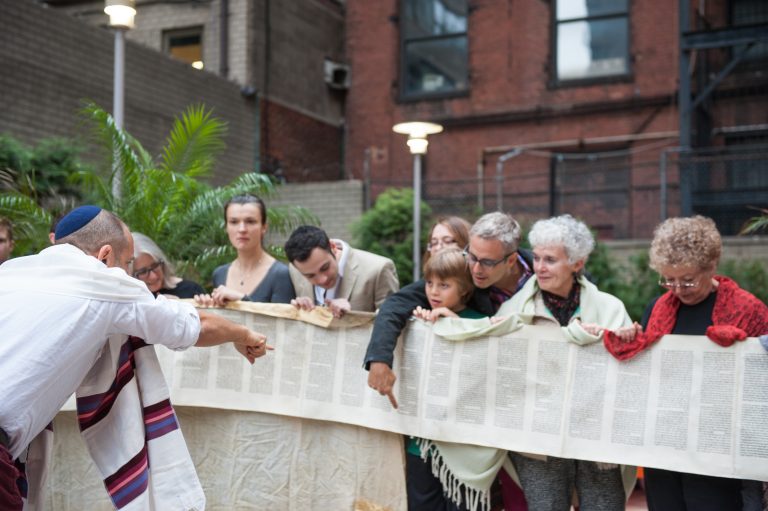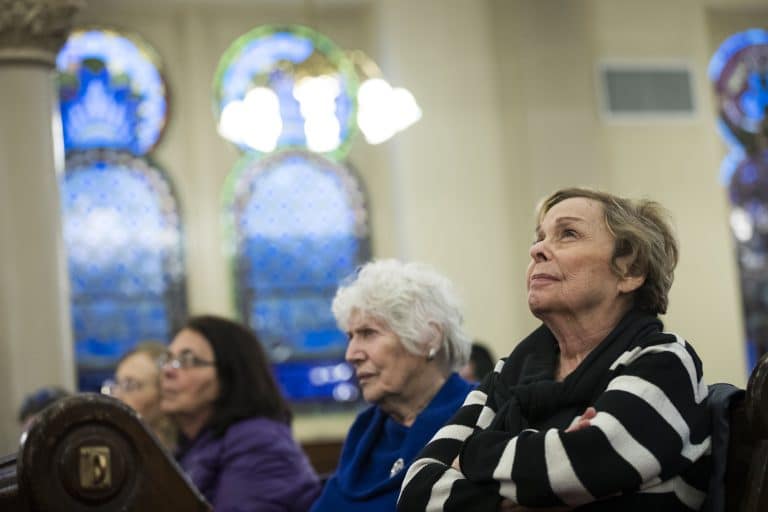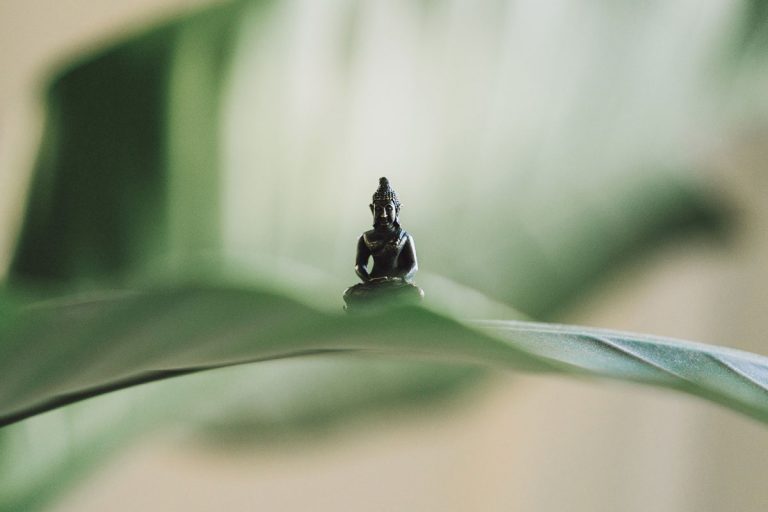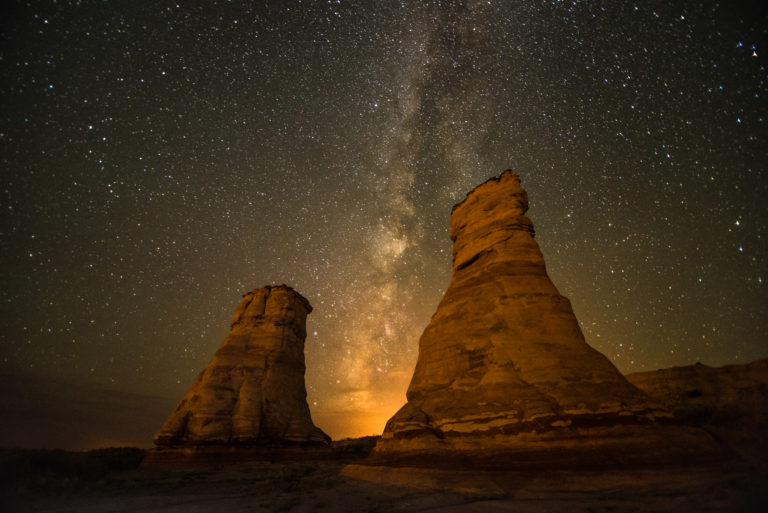The wise and lyrical writer Adam Gopnik muses on the ironies of spiritual life in a secular age through the lens of his many fascinations — from parenting, to the arts, to Darwin. He touches on all these things in a conversation inspired by his foreword to The Good Book, in which novelists, essayists, and activists who are not known as religious thinkers write about their favorite biblical passages. Our ancestors acknowledged doubt while practicing faith, he says; we moderns are drawn to faith while practicing doubt.
Atheist, Agnostic
Featured Items
The poet Christian Wiman is giving voice to the hunger and challenge of being religious now. He had a charismatic Texas Christian upbringing, and was later agnostic. He became actively religious again as he found love in his mid 30s, and was diagnosed with cancer. He’s written, “How does one remember God, reach for God, realize God in the midst of one’s life if one is constantly being overwhelmed by that life?”
View
- List View
- Standard View
- Grid View
10 Results
Filters
Forms of religious devotion are shifting — and there’s a new world of creativity toward crafting spiritual life while exploring the depths of tradition. Rabbi Amichai Lau-Lavie is a fun and forceful embodiment of this evolution. Born into an eminent and ancient rabbinical lineage, as a young adult he moved away from religion towards storytelling, theater, and drag. Today he leads a pop-up synagogue in New York City that takes as its tagline “everybody-friendly, artist-driven, God-optional.” It’s not merely about spiritual community but about recovering the sacred and reinventing the very meaning of “we.”
Stephen Batchelor’s secular Buddhism speaks to the mystery and vitality of spiritual life in every form. For him, secularism opens to doubt and questioning as a radical basis for spiritual life. Above all, he understands Buddhism without transcendent beliefs like karma or reincarnation to become something urgent to do, not to believe in.
The poet Christian Wiman is giving voice to the hunger and challenge of being religious now. He had a charismatic Texas Christian upbringing, and was later agnostic. He became actively religious again as he found love in his mid 30s, and was diagnosed with cancer. He’s written, “How does one remember God, reach for God, realize God in the midst of one’s life if one is constantly being overwhelmed by that life?”
The wise and lyrical writer Adam Gopnik muses on the ironies of spiritual life in a secular age through the lens of his many fascinations — from parenting, to the arts, to Darwin. He touches on all these things in a conversation inspired by his foreword to The Good Book, in which novelists, essayists, and activists who are not known as religious thinkers write about their favorite biblical passages. Our ancestors acknowledged doubt while practicing faith, he says; we moderns are drawn to faith while practicing doubt.
A thrilling, mind-bending view of the cosmos and of the human adventure of modern science. In a conversation ranging from free will to the multiverse to the meaning of the Higgs boson particle, physicist Brian Greene suggests the deepest scientific realities are hidden from human senses and often defy our best intuition.
Alain de Botton is a philosopher who likes the best of religion, but doesn’t believe in God. He says that the most boring question you can ask of any religion is whether it is true. But how to live, how to die, what is good, and what is bad — these are questions religion has sophisticated ways of addressing. So he’s created The School of Life — where people young and old explore ritual, community, beauty, and wisdom. He explains why these ideas shouldn’t be reserved just for believers.
One of the values of science is to make us uncomfortable says Lawrence Krauss. The particle physicist explains why we should all care about dark energy and the Higgs Boson particle. Science literacy matters, and, more importantly, he suggests we should take joy in science — just as we cultivate enjoyment of arts we may not completely comprehend.
Poet and historian Jennifer Michael Hecht says that as a scholar she always noticed the “shadow history” of doubt out of the corner of her eye. She shows how non-belief, skepticism, and doubt have paralleled and at times shaped the world’s great religious and secular belief systems. She suggests that only in modern time has doubt been narrowly equated with a complete rejection of faith, or a broader sense of mystery.
An environmentalist who pursued the ecological impulse of Paganism, from its ancient roots to its modern revival in Europe and North America, discusses his observations about the spirit of Paganism and its influence on everyday Western culture — and even on old-time religion.
The Pause
Join our constellation of listening and living.
The Pause is our seasonal Saturday morning ritual of a newsletter. Replenishment and invigoration in your inbox. Wisdom to take into your week. And when you sign up, you’ll receive ongoing, advance invitations and news on all things On Being.
Search results for “”
View
- List View
- Standard View
- Grid View
Filters
